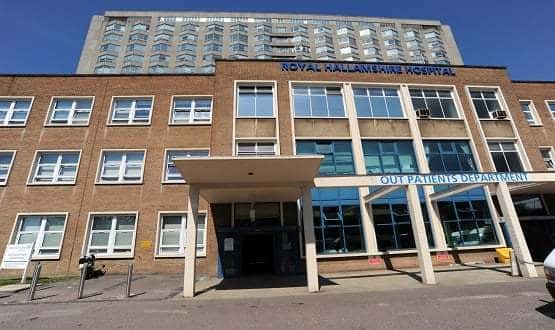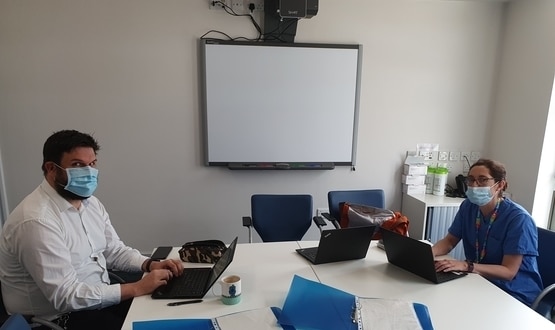‘Air traffic control’ for Cumbria
- 21 January 2013

Cumbria’s clinical commissioners have bought an ‘air traffic control’ system for referring patients.
Strata Health will implement a bespoke, region-wide resource matching and e-referral system with the first go-live due at the end of next month.
Strata will integrate with the electronic patient record systems in use at some of the providers within the CCG area, such as EMIS, while those without EPRs, such as care homes, will get web-based access.
The system will be embedded within CSC’s Lorenzo EPR at the University Hospitals of Morecambe Bay NHS Foundation Trust, where it is due to go live for hospital referrals of inpatients into social services at the end of February.
The next stage will be referrals from acute into community services and back again.
Chief clinical information officer for NHS Cumbria Dr William Lumb said hospital clinicians should be able fill out a referral e-form online, push a button and “off it goes.”
He said the patient journey may be delivered by a variety of organisations, but should remain a single journey. The e-referral system will act like an “air traffic controller”, allowing the journey to be planned and tracked.
While the national electronic booking system Choose and Book exists for scheduled care, referrals into unscheduled care or community and social care are usually done manually and sent via fax.
Dr Lumb’s vision is that these become electronic, but the system’s use in unscheduled care is two to three years away.
The new system will connect two acute trusts, more than 100 residential care homes, 80 GP practices and other services.
Its directory of services will need to be regularly updated with the availability within each provider.
“This could be updated daily or hourly so the system knows what capacity is out there,” said Dr Lumb.
“This enables patient choice and the electronic referral is made as quickly as the provider can reply and accept them.”
He said the number of providers involved made it difficult to get everyone together to agree a single way forward.
“We need one system for Cumbria,” Dr Lumb explained.
“It’s one health economy and we need to design these things around health economies which in reality means a single way of doing things.”
The CCG was taking a “carrot and stick approach” with providers by saying that this is its preferred direction of travel and the system has been procured for them to use.
He was confident that they would want to use the software because it is easier than existing processes and has been shown to work well when adopted elsewhere.
The system will also be used for “commissioning ahead of the curve” as it will show what services are in demand or under-utilised and where to focus funding.
“I think this will deliver. It’s not going to be easy, there are going to be challenges, but I have not found a product that has the same possibilities,” said Dr Lumb.
“Our aspiration for the software is bigger than anywhere else in the UK at the moment.”
Managing director of Strata Clint Schick said the level of integration in Cumbria is the most comprehensive his team has been tasked with to date.




